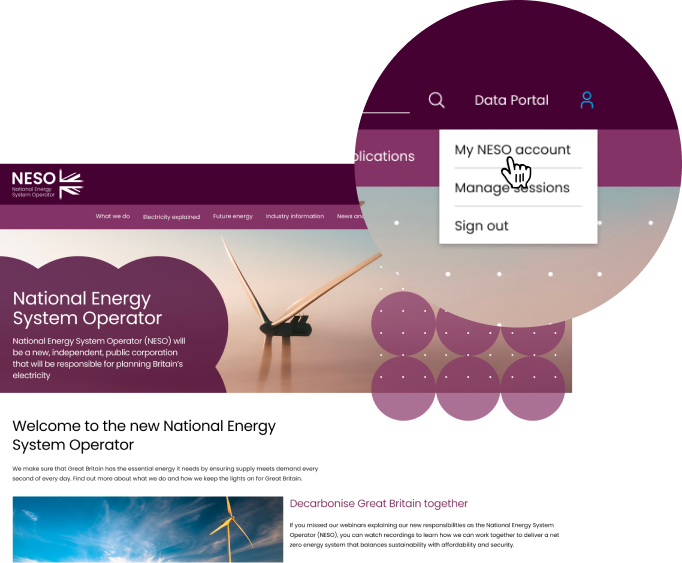Zero-carbon engineers: Fraser MacMillan
Our engineers and the expertise they bring to work every day is at the heart of the ESO’s role, balancing supply and demand for electricity second by second.
They are also preparing Britain’s grid to be able to run on purely zero-carbon electricity by 2025 – transforming how we operate to harness cleaner energy.
Data Scientist Fraser MacMillan shares why he became an engineer and what excites and inspires him about the future.
How did your career in Engineering begin?
I wanted something to do something practical but which also enabled me to be flexible. Engineering seemed like the perfect avenue to go down! I studied Electrical and Mechanical engineering. Usually people decide whether they want to go down the electrical or mechanical route. I couldn’t decide which to do!
While on the National Grid graduate scheme, I undertook a couple of roles. One was totally different, and I worked on Corporate Strategy in London!
I’ve been in my current role for two years as a Data Scientist in our Energy Intelligence Lab.
My job is to apply machine learning to problems faced by the business.
I did a touch of Artificial Intelligence at university and was lucky enough to find a small department in the ESO that did it.
Who has inspired you in the engineering field?
I enjoy learning about the past and the amazing engineering feats which have shaped our world. There is a statue of James Watt at the entrance of my university, and I’ve always thought his legacy is impressive.
He created one of the first ever steam engines, which went on to change the world, and has been immortalised with the naming of the watt as the SI unit of power. His ideas sparked the Industrial Revolution and it’s these sparks of genius that I have so much admiration for.
What excites you about the future of engineering?
I love the idea of building on the work of others. Engineering is very meritocratic. If you’re good enough to do the job, you can do it. It’s so collaborative and the future is so bright. We help one another rather than compete against each other.
With machine leaning I’m self-taught because people share so much online. This collaboration will help technology progress at a huge rate.
I find the unknown interesting. We talk a lot about climate change, and this is something which we focus on a lot in the ESO with our work on zero carbon operation.
Self-driving cars are amazing too. Think of the time you could save and what it frees you up to do. Could technology make us so efficient we could work four-day weeks?
How has increased awareness of climate change impacted your career?
We need to keep evolving to combat climate change. We’re doing so much but globally there is still much to do.
What if we pass the point to be able to reverse the damage done to the world? We’ve always come up with the solutions to problems that we face, and I’m confident we’ll keep doing the same.
We already know some of the challenges we face; Can we fly net zero? How do we protect poorer countries against climate change? How do we make solar panels more efficient?
